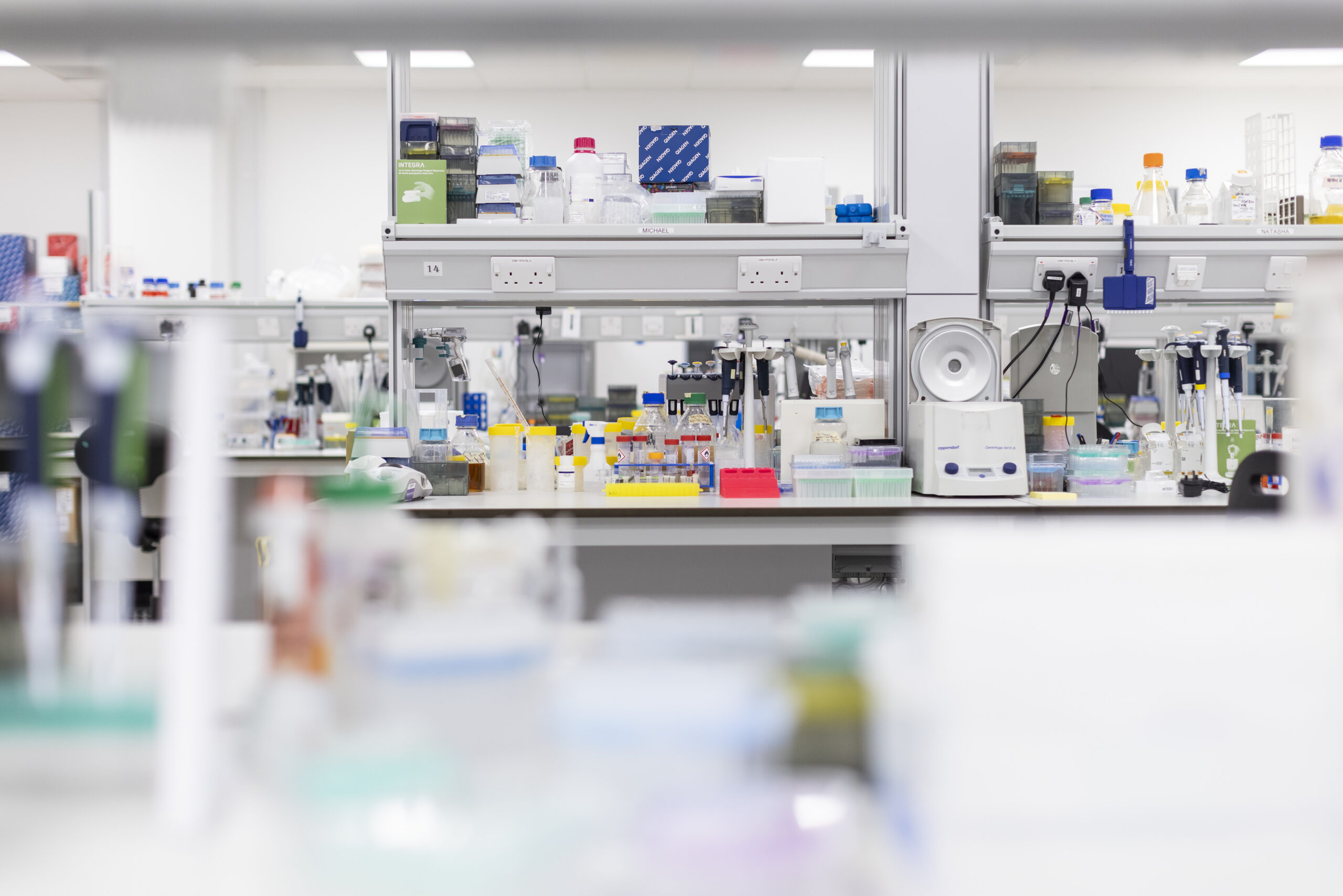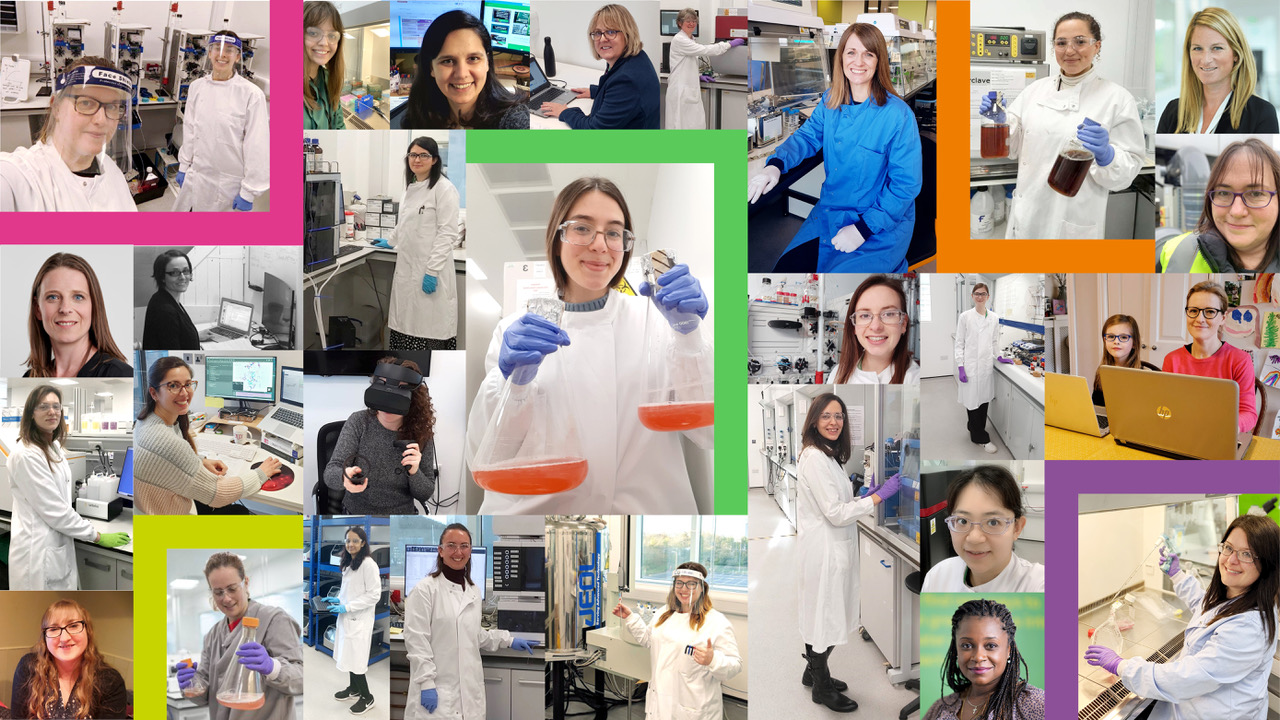A collaboration between MRC Technology and Dr Andrew Blanks at the University of Warwick has been launched to develop inhibitors of inwardly rectifying potassium channel kir7.1 for the treatment of postpartum haemorrhage.
Half a million women die annually across the world from causes related to pregnancy and childbirth. Approximately one quarter of these deaths are caused by postpartum haemorrhage (bleeding within the first 24 hours after delivery). Postpartum haemorrhage occurs when the uterus does not contract sufficiently after delivery of the baby and placenta, leading to excessive bleeding and potential death. Current treatment includes prophylactic use of oxytocics, but these are not effective in cases of acute postpartum haemorrhage or in situations of complex or prolonged labour.
Kir7.1 is important in the regulation of uterine contractility and is expressed in uterine muscle during late gestation. Using a range of in vitro and in vivo models, Dr Blanks has shown that inhibition of kir7.1 stimulates acute and sustained uterine contraction in a dose dependent manner. This evidence supports the concept that a specific and reversible inhibitor of kir7.1 could be used as a simple and effective treatment of postpartum haemorrhage.
Dr Suzanne Evans of Warwick Ventures Ltd commented ‘We are delighted to be working with MRC Technology to take this exciting and innovative research from Warwick forward. A partner with the technical understanding of University based research combined with excellent expertise in developing healthcare products makes MRC Technology a valued collaboration partner for University of Warwick.’
Dr Steven Suchting of MRC Technology said “We are very excited to be working with the University of Warwick on such an important drug discovery project. With pharma and biotech companies scaling back their early stage drug discovery work, it is vital that collaborations like this one are carried out in order to ensure development of the next generation of medicines.”



